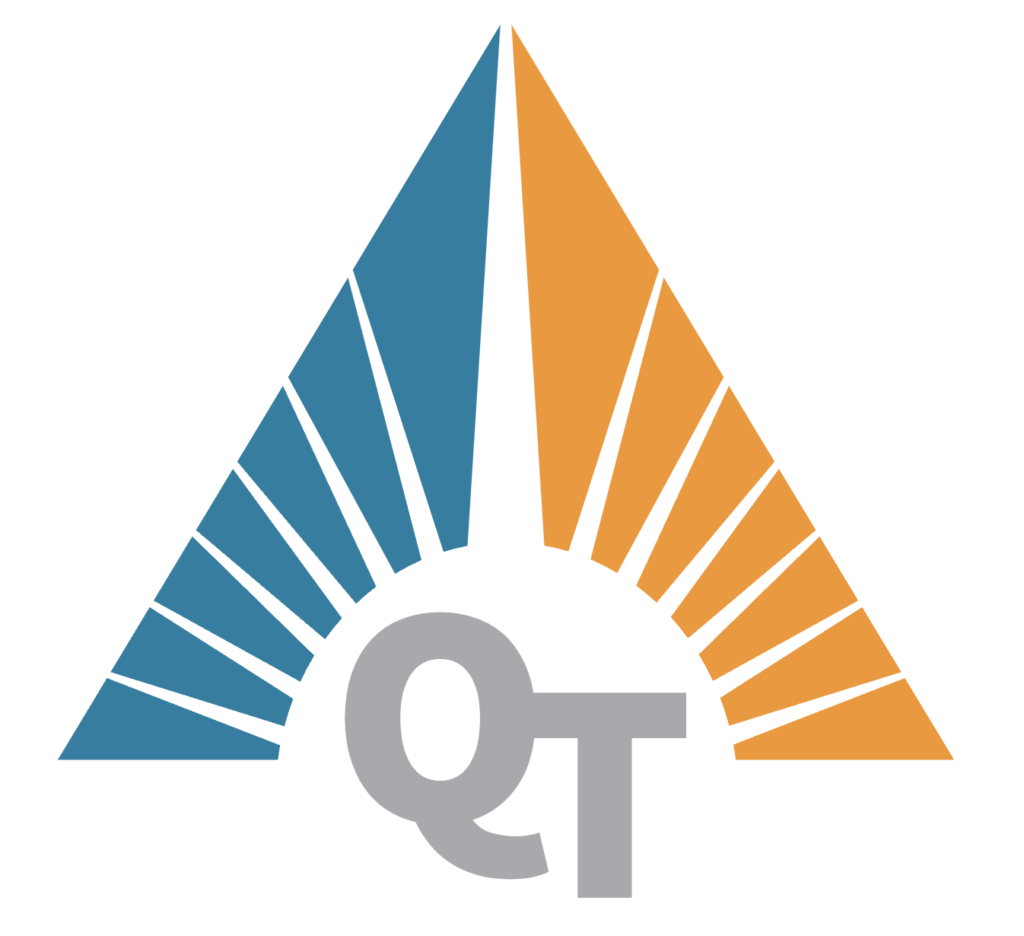In a world increasingly driven by technology, where artificial intelligence takes center stage, it’s easy to marvel at the possibilities while overlooking the deeper questions. As someone deeply embedded in the technical realm, I often find myself reflecting on the balance between creating impactful systems and the ethical implications they carry. Today’s musings brought forward themes that resonate far beyond the world of lines of code and efficient algorithms.
Ethics in AI: The Trade-off Between Speed and Morality
One of the more unsettling aspects of AI development is its application in military contexts. Here, speed and efficiency often supersede ethical considerations. A missile fired milliseconds faster could mean the difference between perceived success and failure. But at what cost? By stripping AI systems of their ethical “burdens,” we risk creating tools that lack any semblance of human empathy or moral judgment.
This raises a profound question: Can we design AI systems that prioritize ethical decision-making without compromising operational efficiency? The challenge is not just technical but deeply philosophical. As developers and technologists, we bear the responsibility of ensuring these systems reflect humanity’s best values—not its darkest impulses.
Technology as a Mirror of Human Nature
It’s not AI itself that’s the problem; it’s the way we choose to wield it. Technology mirrors our human tendencies, amplifying both the good and the bad. Consider the fact that many of the world’s problems—poverty, inequality, climate change—could be solved with existing technology. Why haven’t we? The answer often lies in the concentration of power and wealth, where those in control prioritize maintaining their status over collective progress.
AI, like all tools, reflects its creators. If we infuse it with greed and short-term thinking, it will amplify those traits. But if we build systems that value transparency, collaboration, and long-term benefits, technology could become the catalyst for meaningful change.
The Quiet Power of Reflection
On a more personal note, my work in technology is deeply tied to solitude. I thrive in the quiet moments, working on projects that are difficult to share or discuss with others. This solitude provides the space to think deeply, to evaluate not just technical solutions but also their broader implications.
While I’m more comfortable discussing system architecture than social connections, I’ve come to realize that the same analytical mindset that serves me in programming can also be applied to human interactions. Whether it’s reaching out to someone during the holidays or building a system with ethical safeguards, the intent matters as much as the execution.
A Call for Thoughtful Creation
As technologists, we are creators. But with that power comes responsibility. We must ask ourselves:
- Are we designing systems that prioritize humanity over efficiency?
- Are we reflecting the best of ourselves in the technologies we create?
- And most importantly, are we leaving the world better than we found it?
For me, these questions are no longer abstract—they’re at the core of every project I take on. Whether I’m optimizing a monitoring system or considering how AI can enhance human lives, the goal is the same: to create with purpose, empathy, and foresight.
Final Thoughts This blog is not just a reflection—it’s a conversation starter. As we continue to build, innovate, and push the boundaries of what’s possible, let’s remember that technology is only as good as the values we embed within it. Whether it’s a line of code, a holiday connection, or a groundbreaking AI, the intent behind it matters.
What values will you choose to build into the systems you create? Let’s shape a future that we can all be proud of.

